🗓 Feb 10 | ANC 7C Advisory Neighborhood Commission Meeting
7C Virtual Public Meeting via WebEx
February 10, 2022 at 7:00 pm
For meeting access information, go to: https://dcnet.webex.com/meet/7c.anc
Advisory Neighborhood Commission 7C represents the Burrville, Deanwood, Grant Park and Lincoln Heights neighborhoods.
7B Virtual Public Meeting via Zoom
February 17, 2022 at 6:30 pm
To register for the meeting, go to: http://anc7b.com/
Advisory Neighborhood Commission 7B represents the Fairfax Village, Hillcrest, Penn Branch and Randle Highlands neighborhoods.
8C Virtual Public Meeting via WebEx
February 9, 2022 at 6:30 pm
To register for the meeting, go to:
https://dcnet.webex.com/webappng/sites/dcnet/meeting/info/88ee566879934b24b2354ba9095c60ce?isPopupRegisterView=true
AGENDA:
Call to order - Roll Call - Approval of agenda - January Minutes
Anacostia Coordinating Council Settlement Agreement
ACE Lounge Settlement Agreement - Spar Liquors Settlement Agreement
Earth Day - Ward 8 Farmers Market Grant
Opioid Crisis Resolution - Special Education Policies Resolution
Bill 24-301, the Business and Entrepreneurship Support to Thrive Amendment Act of 2021 Resolution
B24-0419–No Senior Hungry Omnibus Amendment Act of 2021 Resolution
Bill 24-429 the Metro for D.C. Amendment Act of 2021 Resolution
B24-0466, the "St. Elizabeth's Parcel 13 Surplus Declaration and Disposition Approval Act of 2021
Community Concerns
Advisory Neighborhood Commission 8C represents the Barry Farms, Bolling Air Force Base, Congress Heights, and St. Elizabeths Hospital neighborhoods.
8B Virtual Public Meeting via Zoom
February 15, 2022, at 7:00 pm
To join the meeting, go to: Zoom.us
Video Meeting ID: 516 894 8849
Passcode: 0xBqv8 (The number 0 not the letter O)
Telephone dial in #: 301-715-8592
Meeting ID:516 894 8849
Passcode: 714931
Advisory Neighborhood Commission 8B represents the Garfield Heights, Knox Hill and Shipley Terrace neighborhoods.
ANC 8D Monthly Meeting
Thursday, February 24, 2022 - 7:00pm
4601 Martin Luther King Jr Avenue, SW Washington DC
Specialty Hospital of Washington (Formerly known as Hadley Hospital)
Advisory Neighborhood Commission 8D represents the Bellevue and Far Southwest neighborhoods.
Don’t know your ANC?
Use your address to find it here!
The more you know…
An ANC is a non-partisan, neighborhood body made up of locally elected representatives called Advisory Neighborhood Commissioners. They are a unique feature of the District's Home Rule Charter.
The Commissioners, who serve two-year terms without pay, are elected at DC Elections in November in even-numbered years (e.g. 2016). The ANCs were established to bring government closer to the people, and to bring the people closer to government.
In addition to providing people with a greater say in the matters that affect their neighborhoods, ANCs were intended to end the duplication of effort caused by the proliferation of special advisory groups.
There are now 40 ANCs, up from 37 prior to the 2012 redistricting. Each ANC area is subdivided into a number of smaller areas. Since only one Commissioner is elected per district, they are called Single Member Districts (SMDs). (The Wards on the D. C. Council are also “single member districts.”) Each SMD consists of about 2,000 people. Although the SMDs should have equal populations, ANCs may vary widely in size. The biggest ANCs have 12 SMDs. The smallest has just 2. As a result of the population growth shown in the 2010 census, the number of SMDs has increased from 286 to 296.
The ANCs' main job is to be their neighborhood's official voice in advising the District government (and Federal agencies) on things that affect their neighborhoods. Although they are not required to follow the ANCs' advice, District agencies are required to give the ANCs' recommendations "great weight." Moreover, District law says that agencies cannot take any action that will significantly affect a neighborhood unless they give the affected ANCs 30 days advance notice. This includes zoning, streets, recreation, education, social services, sanitation, planning, safety, budget, and health services.
The ANCs may also initiate recommendations for improving city services, conduct neighborhood improvement programs, and monitor resident complaints The ANCs began operating in 1976.

